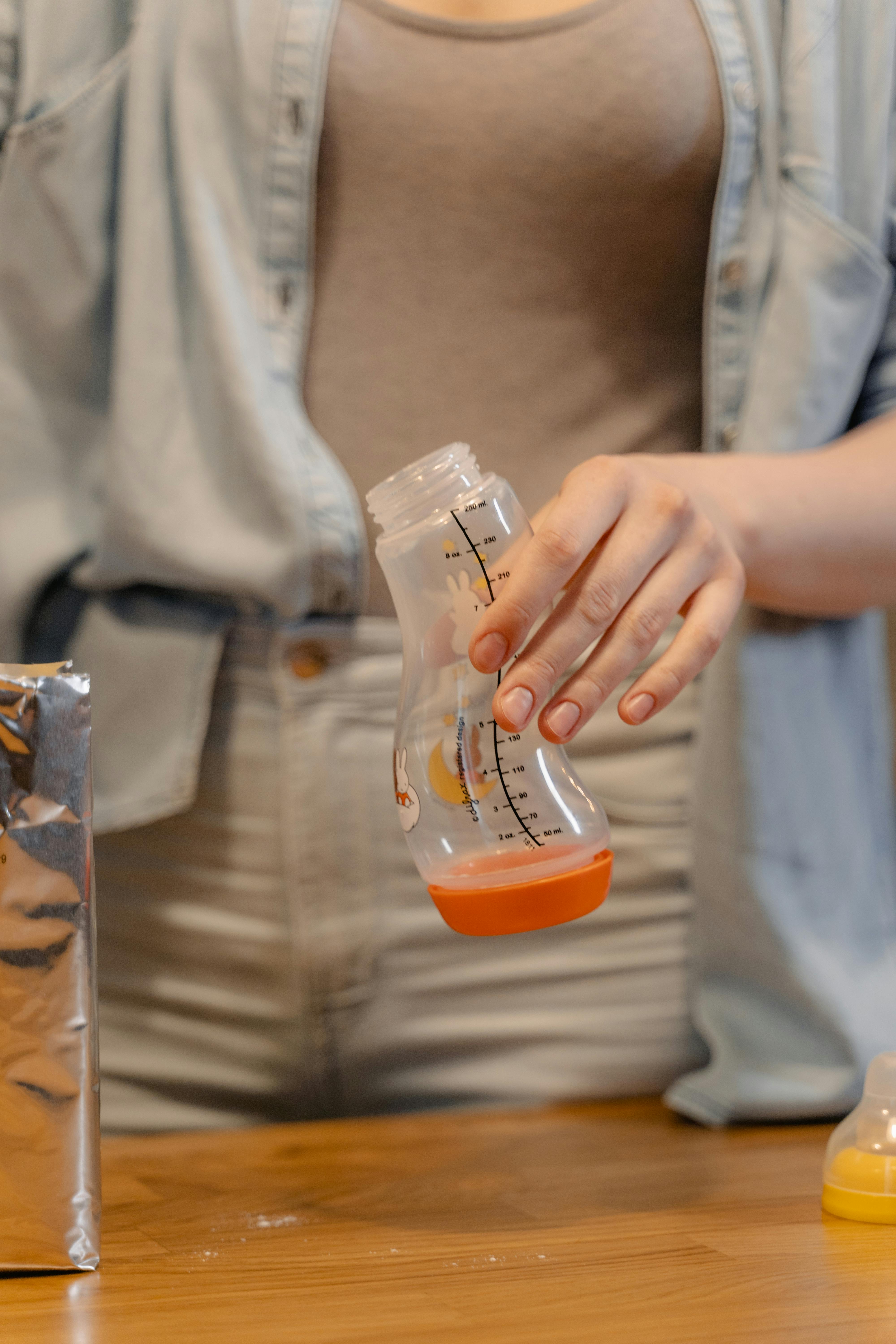Understanding Newborn Jaundice: Causes, Symptoms, and Treatment Options

Welcoming a newborn baby into the world is a joyful moment for every parent. But along with the excitement, there can be anxieties surrounding the health of your newest family member. One health condition that often concerns new parents is newborn jaundice. Jaundice in babies is quite a common phenomenon, but knowing more about it can help ease your worries and equip you to give your child the best care possible.
What is Newborn Jaundice?
Newborn jaundice is a condition marked by the yellowing of a baby's skin and the whites of their eyes. Another symptom is often a yellowing of the mucous membranes in the mouth. This is due to the building up of bilirubin, a naturally occurring byproduct of red blood cell breakdown, in the child's bloodstream.
Normally, the liver processes bilirubin which is then excreted from the body through urine and stool. However, since a newborn's liver is still developing, it might be unable to efficiently process bilirubin, leading to jaundice. Jaundice is most common in babies born before 38 weeks gestation (preterm babies) and in certain breastfed babies.
Possible Causes of Newborn Jaundice
Newborn jaundice is typically attributed to three primary causes. The most common cause is physiologic jaundice, occurring due to a baby’s immature liver which is unable to efficiently eliminate bilirubin.
Next is breastfeeding jaundice, which can occur when a breastfed newborn doesn’t get enough breast milk. This is often due to difficulty breastfeeding or because the mother’s milk supply is low. Reduced intake of milk leads to fewer bowel movements, hence less bilirubin is expelled from the body.
The third type is blood group incompatibility jaundice. This happens when the mother and baby have different blood types and the mother’s body produces antibodies that destroy the infant's red blood cells, causing a surge in bilirubin levels.
Identifying Signs and Symptoms of Jaundice
The clearest sign of newborn jaundice is yellowing of the skin, the whites of the eyes, and oftentimes, the inside of the mouth. This usually begins at the head and progresses downwards. This yellowing occurs between the 2nd and 4th day of life and generally clears up by the end of the baby's first week.
Moreover, babies with jaundice may appear lethargic, have trouble feeding, have high-pitched cries, or demonstrate poor weight gain. If there is a dramatic increase in bilirubin levels, it can lead to serious complications like kernicterus, a rare kind of brain damage. Hence, early detection and treatment of the condition is crucial.
Diagnosis and Treatment Options Available
If your baby shows signs of jaundice, healthcare professionals can confirm it by conducting a blood test to check the bilirubin level in your baby’s blood.
Commonly, mild jaundice will disappear on its own as the baby’s liver matures. However, in cases where jaundice persists or the bilirubin levels are too high, your healthcare provider may recommend treatments. The most common treatment is phototherapy or light treatment. The baby is exposed to a special light that alters the bilirubin in the baby's skin to a form that can be more easily excreted.
In severe cases, where blood group incompatibility is the prominent cause, a blood transfusion may be undertaken to replace the baby's damaged blood with fresh blood.
Conclusion: Managing Newborn Jaundice
Jaundice in newborns is common, often harmless, and treatable if necessary. But as a parent, you need to keep a vigilant eye for the signs and symptoms of jaundice in your newborn. If you suspect that your baby has jaundice, reach out to healthcare professionals. Remember, early detection is paramount when it comes to newborn jaundice. As long as you're attentive to your baby's needs and proactive about their health, you have nothing to fear.
Among all of it, having an open line of communication with your healthcare provider is key. Proper education, early diagnosis, and timely medical intervention can make a significant impact on your baby's health. So, go ahead, embrace the joy of parenthood, and remember, you’re fully equipped to handle any challenges that come your way.





